Petrol and Diesel Engine: How do they differ?
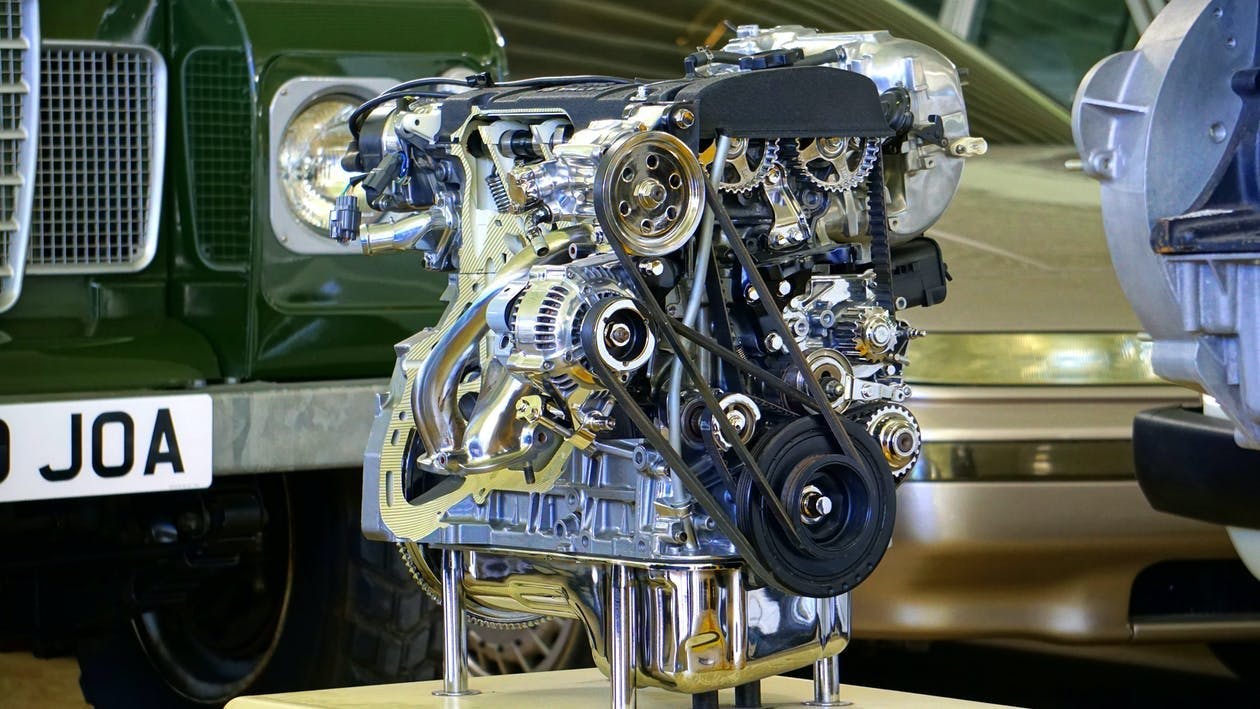
This article will shed light on petrol and diesel engines and focus on how they work and their advantages and disadvantages.
Without further ado, let's take a look at both of these engines.
Inhoudsopgave
Petrol engine:
A gasoline engine is a piston combustion engine that burns gasoline or several types of gas (CNG, LPG, hydrogen) and converts thermal energy into mechanical work. Thermal energy is obtained in the engine by converting fuel into heat through combustion.
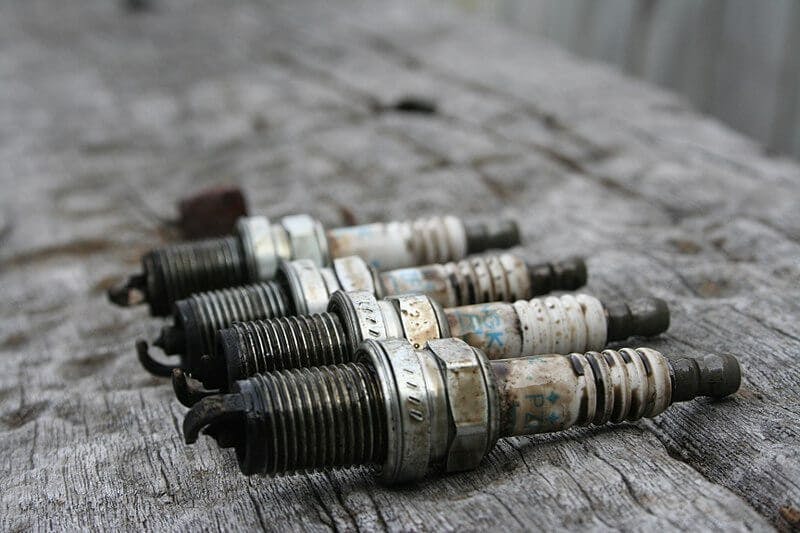
The engine ignites the mixture with an electric spark using spark plugs. When fuel is burned, the temperature and pressure in the engine increase. The increased pressure of the working substance acts on the pistons of the engine, which convert this energy into mechanical work.
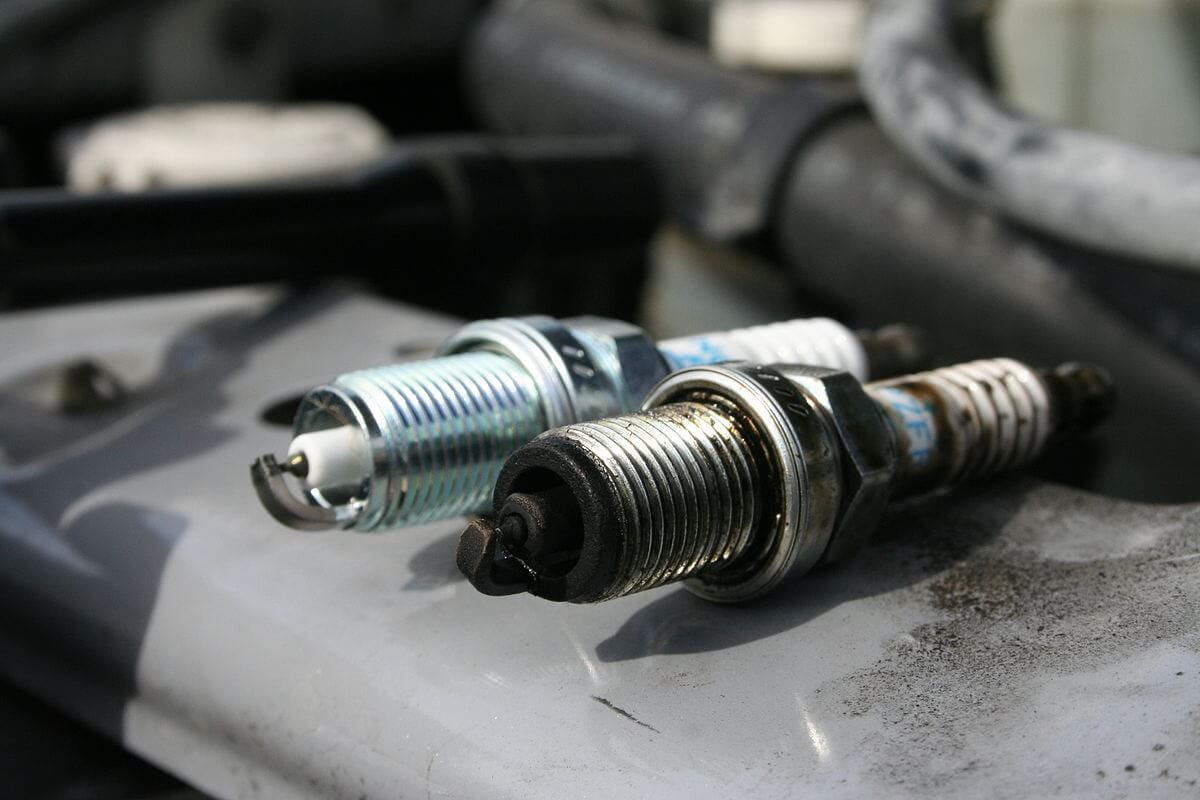
Spark plugs: How do they work, and what's their lifespan?
The pistons perform a rectilinear reciprocating motion in the cylinders, thereby mediating the energy transfer between the combustion chamber and the moving mechanism associated with the pistons. In addition, the pistons ensure the exchange of the working substance in the cylinders.
A gasoline engine can work in two ways, a two-stroke or a four-stroke.
Preparation of the mixture:
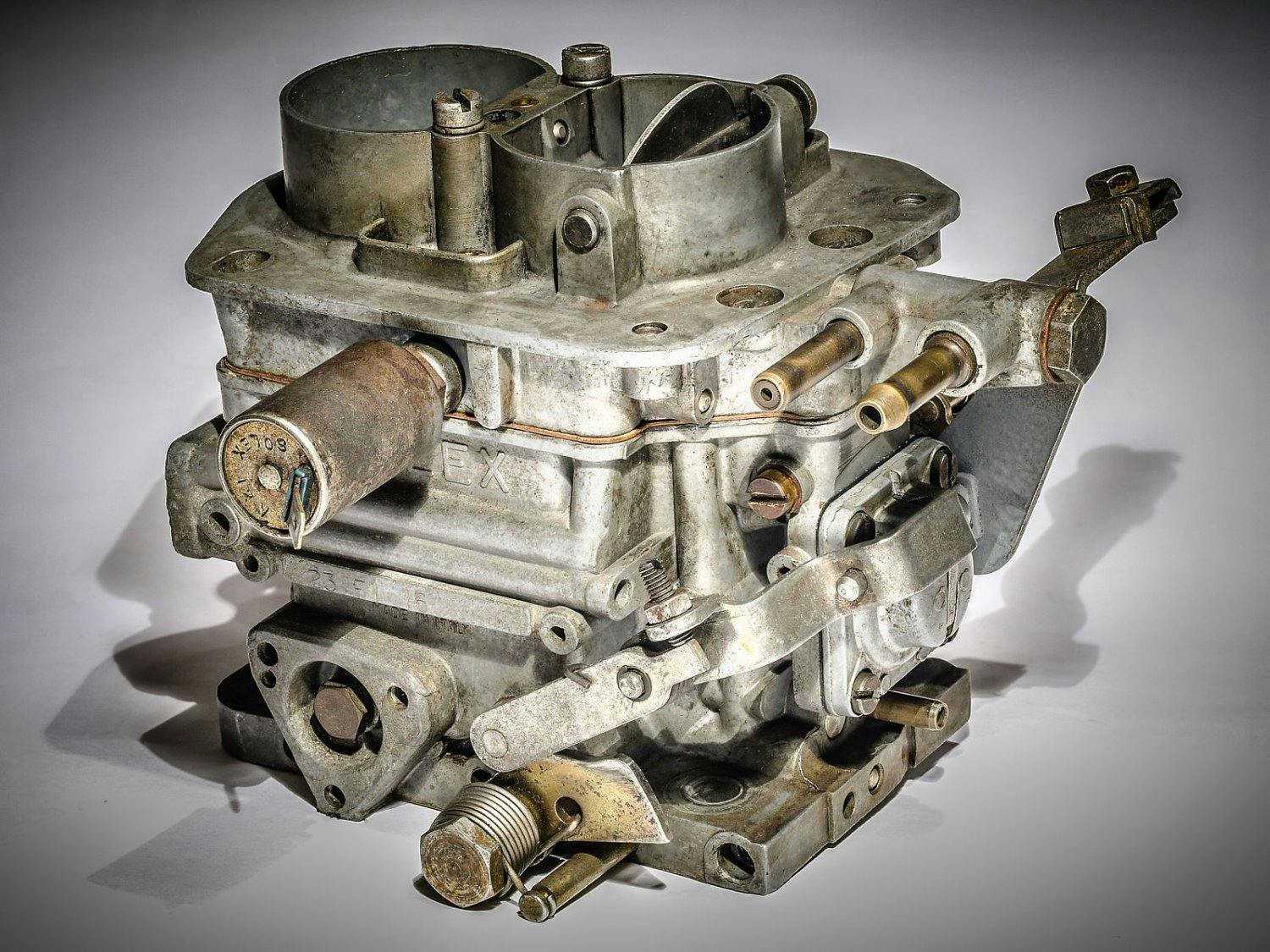
Depending on the fuel injection technology, the mixture is formed in the intake channels, intake manifold, or directly in the cylinder. The carburetor or the injection device, whether direct or indirect, is used to prepare the mixture.

Carburetor: How does this device work?
Power regulation:
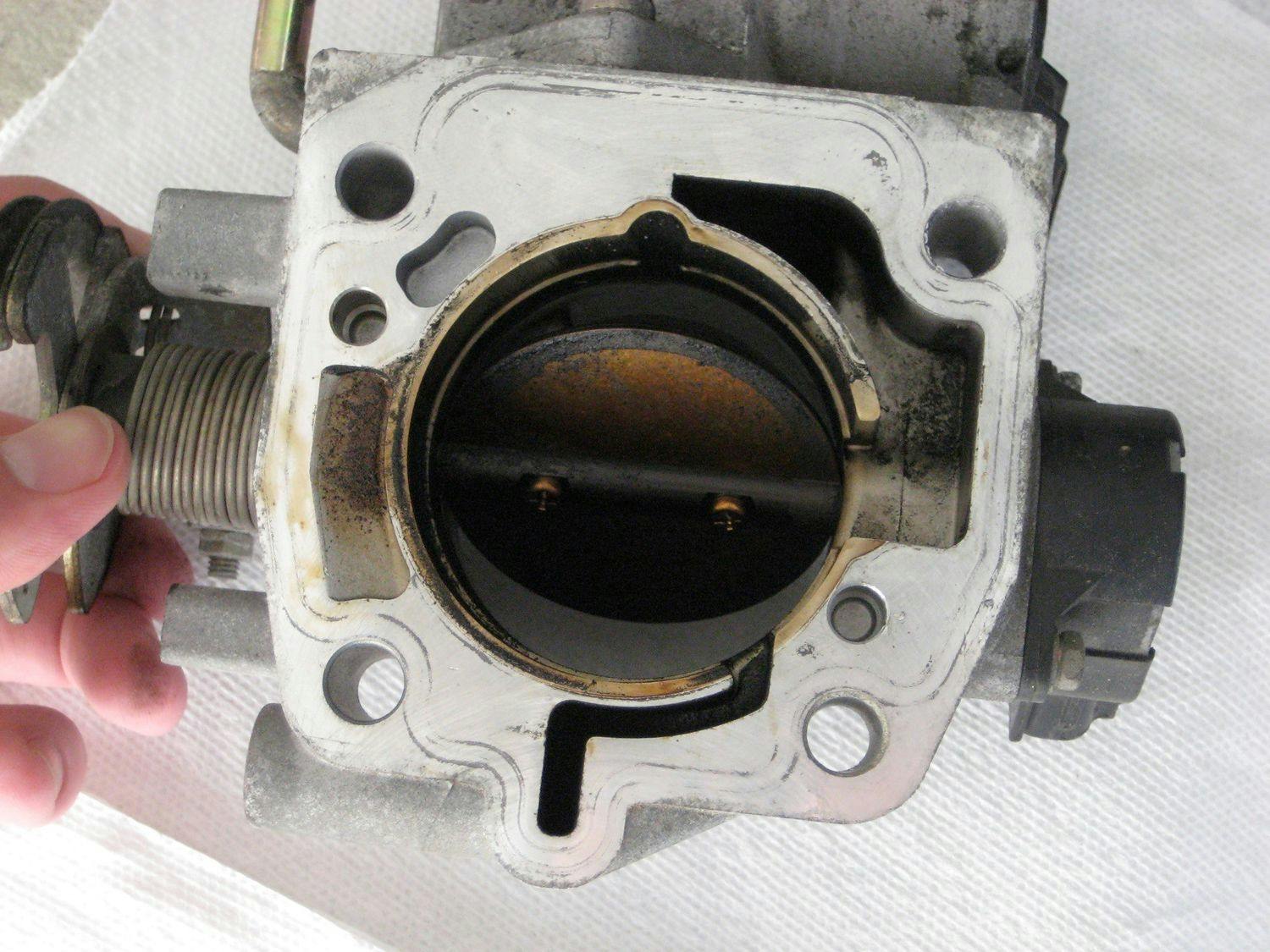
The amount of the mixture regulates the performance of the gasoline engine, and this regulation is most often handled by the throttle located in the intake manifold.

Throttle valve: How it works and its possible malfunctions
In recent years, however, the throttle valve has been replaced by various variable valve timing and lift systems that have taken over its function.
Advantages and disadvantages of a petrol engine:
A gasoline engine has a simpler construction than a diesel engine, making them less expensive. Hence, cars equipped with a gasoline engine are usually cheaper than cars equipped with a diesel engine.
In addition, the gasoline engine is significantly more powerful than the diesel engine (considering they use the same technology). These engines are also more suitable for short drives and the winter season.
This is mainly because the time they take to reach operating temperature is much less than a diesel engine. Among the disadvantages of the petrol engine is its higher fuel consumption than the diesel engine.
Diesel engine:
A diesel engine is a piston combustion engine that often burns diesel fuel and converts thermal energy into mechanical work. Thermal energy is obtained in the engine by converting fuel into heat through combustion.
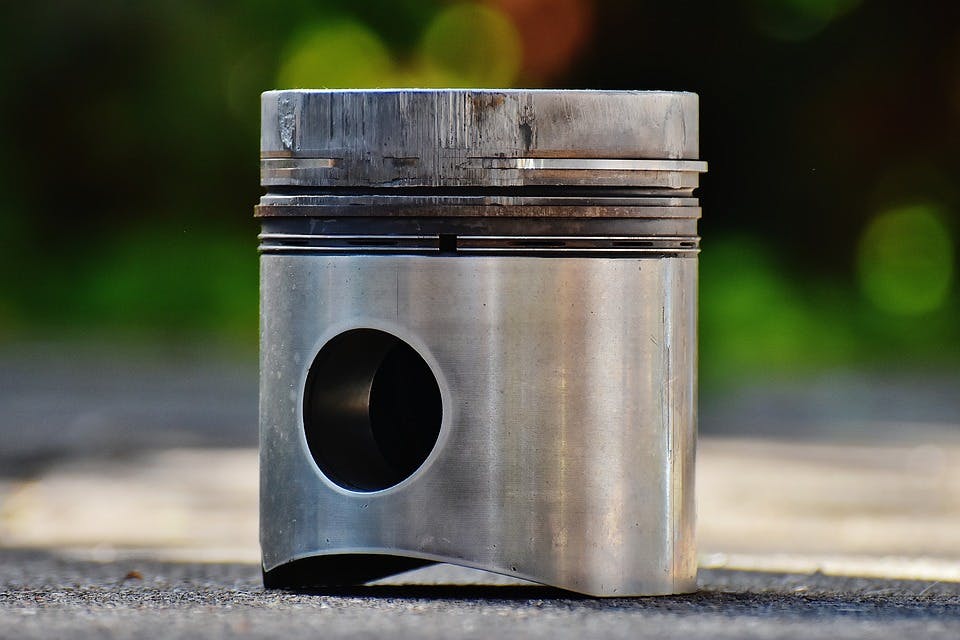
When fuel is burned, the temperature and pressure in the engine increase. The increased pressure of the working substance acts on the pistons of the engine, which convert this energy into mechanical work.
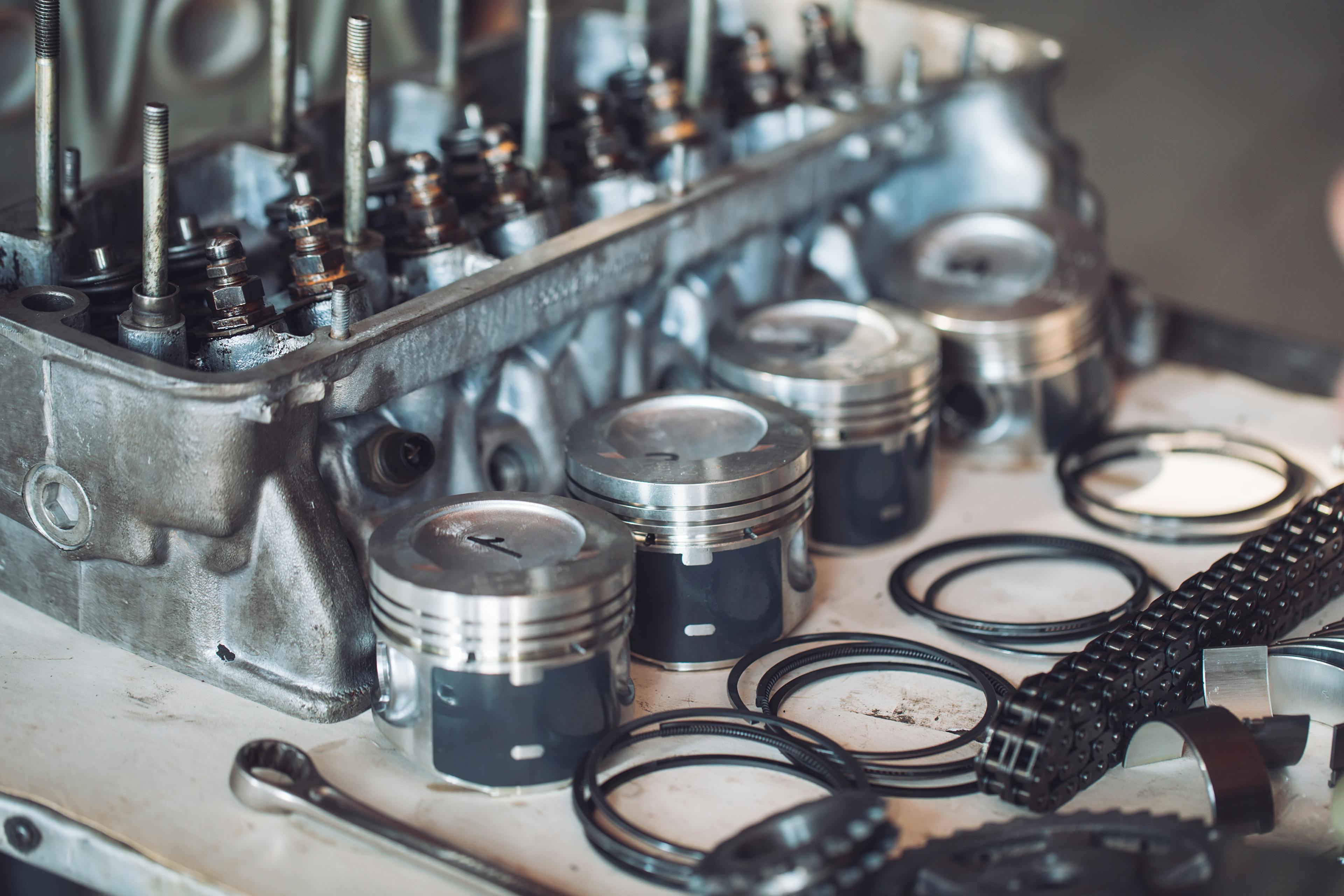
Engine Pistons: How do they work?
The diesel engine ignites the mixture of fuel and air by the high compressed air temperature in the combustion chamber. A diesel engine is often mistakenly referred to as a diesel engine, but it must be remembered that it does not always have to be a diesel engine. A diesel (diesel) engine is just an engine that burns diesel.
The diesel engine is often designed as a four-stroke but can also be designed as a two-stroke.
A four-stroke diesel engine's operation principle is similar to a petrol engine. The main difference is that with a diesel engine, only clean air is drawn into the cylinders, into which, after being compressed and heated, fuel, most often diesel, is injected. Such a mixture is then ignited by compression heat and not by a spark from a spark plug, as with a gasoline engine.
Preparation of the mixture:
The fuel ignites after it is injected into the combustion chamber. According to the design of the combustion chamber and the place of fuel injection, we distinguish diesel engines:
Direct injection engines - fuel injection and all combustion takes place in one main combustion chamber
Engines with indirect injection - fuel injection and the initial phase of combustion take place in a special space, in the chamber, and only then is it transferred to the main combustion space
Power regulation:
The diesel engine's performance is regulated by the amount of fuel injected into the combustion chamber with approximately the same air volume per work cycle.
So the richness, that is, the quality of the mixture changes. A variable amount of fuel the injection device supplies realizes power regulation.
Advantages and disadvantages of a diesel engine:
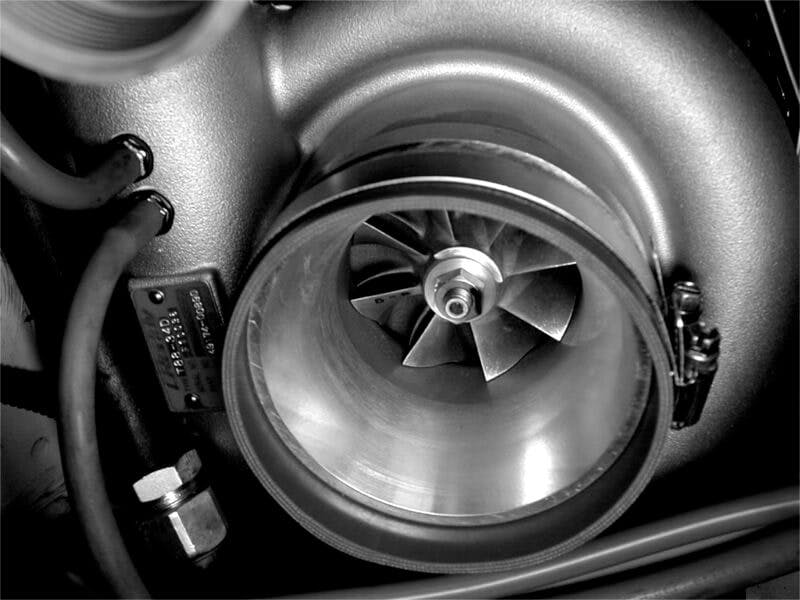
Diesel engines are structurally more complex than petrol engines, but their performance is lower, mainly due to the combustion of a different fuel. When using the same technology and engine volume, the power of a spark-ignition engine is always higher. However, the advantage of diesel engines is lower fuel consumption and longer service life.
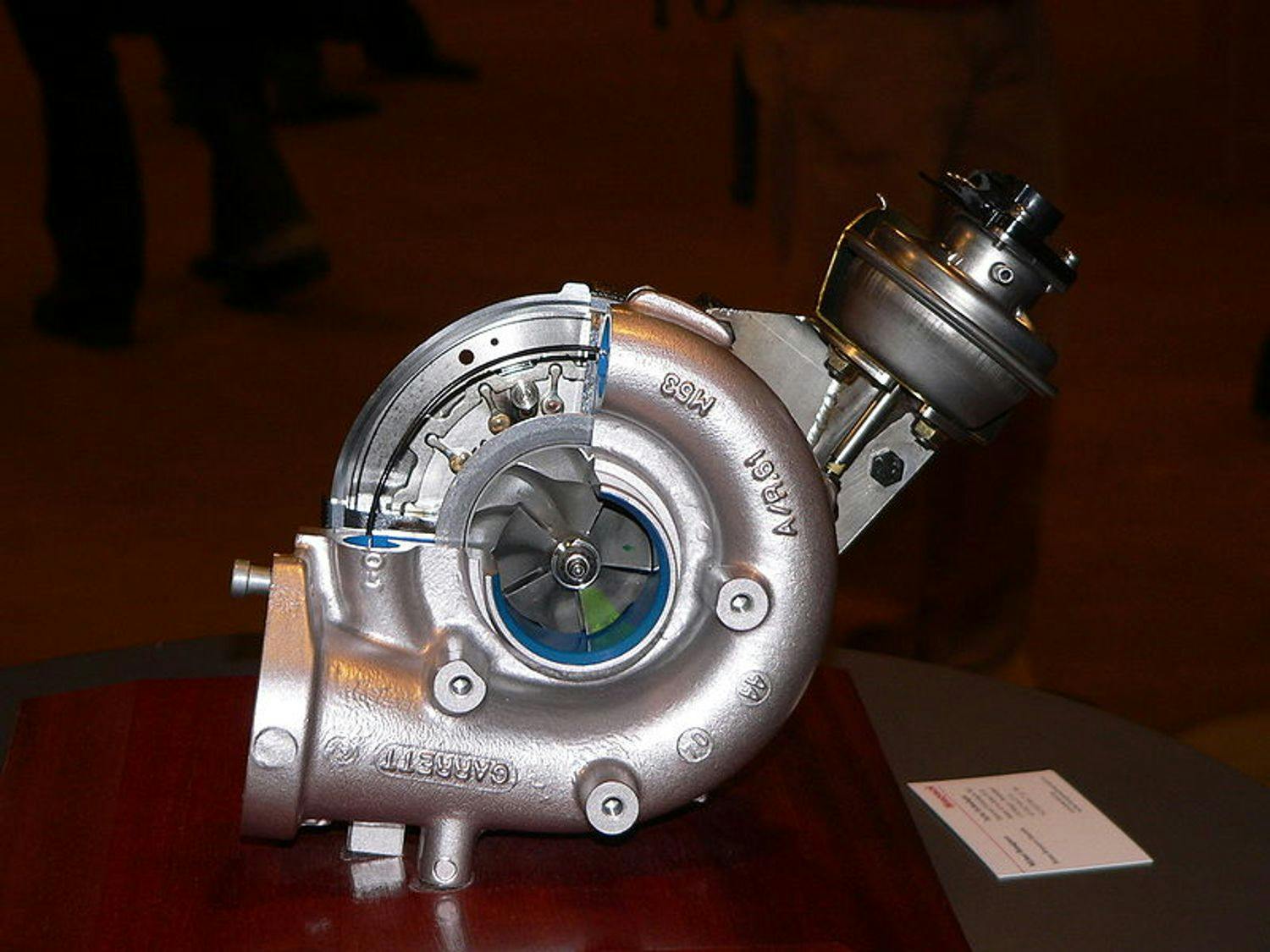
Turbocharger: What are its advantages, and what is turbo lag?
However, technology has advanced, and nowadays, almost all diesel engines are turbocharged or supercharged. Together with the combination of direct injection, their high performance, low fuel consumption, and fewer produced emissions are guaranteed.
However, these engines are suitable for long drives and not for short city wanderings, as the time required to warm up the engine to operating temperature is much longer than the time it takes for a petrol engine to warm up to proper operating temperature.